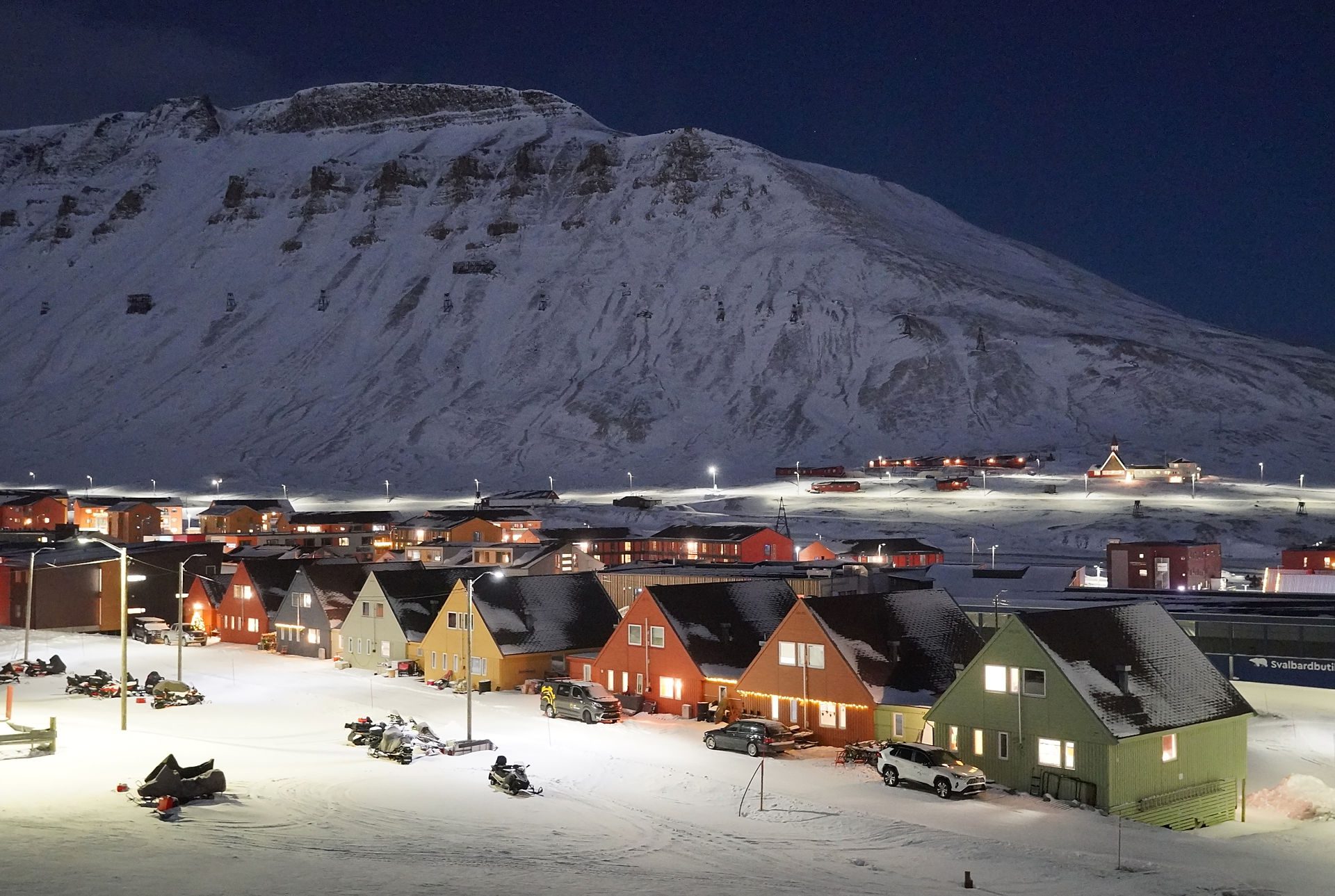Norwegian authorities blocked the sale of land in Svalbard to foreign investors over security concerns.
Norway has recently moved to intervene in the proposed sale of Søre Fagerfjord, the last privately owned parcel of land in the Svalbard archipelago, citing national security concerns.
The 60-square-kilometre property, located in southwestern Svalbard, includes fjords, mountains, plains, and glacier terrain.
While the land is remote and largely inaccessible, its strategic location in the Arctic has drawn attention from foreign investors, prompting Norway to scrutinize the potential sale more closely.
Legal Status and the Svalbard Treaty
Svalbard occupies a unique place in international law.
Under the Svalbard Treaty of 1920, Norway holds sovereignty over the archipelago, but citizens of all treaty signatory countries have equal rights to live, conduct business, and exploit natural resources there.
Most of the archipelago is publicly owned, and extensive portions are designated as protected areas, including national parks and conservation zones.
These protections restrict development and infrastructure expansion, meaning the private land has limited commercial or industrial potential.
The treaty’s equal-access provisions, however, raise complex questions when it comes to high-value land sales to foreign buyers, particularly from nations with strategic interests in the Arctic.
Norway’s Decision to Intervene
Norway’s government has effectively blocked the sale, requiring that any transfer of ownership receive state approval first.
Officials argue the move is necessary to safeguard national security and maintain oversight in a region of increasing geopolitical significance.
Arctic activity is on the rise, particularly by countries such as China and Russia, both of which have demonstrated growing interest in shipping routes, mineral resources, and scientific operations in the region.
Authorities are concerned that a foreign buyer could use ownership of Søre Fagerfjord to establish a foothold that, over time, might be leveraged for strategic purposes.
Norwegian law allows the state to intervene in transactions that pose a significant risk to national security, and the sale of such a large and strategically located parcel of land falls within this category.
Property Ownership and Opposition
The land is owned by a Norwegian-registered company with ties to a private individual.
The owners argue that, under existing property rights, they should be free to sell the land to any interested party.
They also contend that restrictions imposed by the government may conflict with the Svalbard Treaty’s equal-treatment provisions, and that the land’s extreme remoteness and environmental protections severely limit its potential uses.
Legal and diplomatic debates are expected as the parties consider whether the state’s intervention is justified or overreaching.
Strategic Value of the Svalbard Land
While Søre Fagerfjord is remote and largely undeveloped, experts point out that its location in the Arctic gives it long-term strategic importance.
As climate change continues to open new shipping routes and make previously inaccessible natural resources available, control over Arctic land could become increasingly valuable.
Some analysts speculate that foreign powers could use property holdings in Svalbard for research, observation, or even infrastructure that supports Arctic operations.
Norwegian authorities are particularly attentive to any interest from China, given the country’s expanding Arctic ambitions, though no sale has been confirmed.
Environmental and Practical Limitations
Even if a sale were approved, development on the land would be severely constrained.
The property falls within protected zones where construction, motorized transport, and resource extraction are highly restricted.
The harsh climate, seasonal darkness, and remote geography further limit accessibility, making large-scale development or permanent settlement impractical.
This means that while the land may hold strategic potential, its immediate economic value is limited.
Implications for Norwegian Sovereignty
The Svalbard land sale debate underscores the delicate balance Norway must maintain between respecting international treaty obligations and protecting national security.
The government is navigating a complex situation where private property rights, environmental protections, and geopolitical risks intersect.
Maintaining sovereignty over Svalbard while honoring the treaty’s principles is central to Norway’s approach, especially as the Arctic becomes a stage for growing international competition.
Some observers suggest that Norway’s careful oversight sets a precedent for how Arctic nations will handle foreign interest in sensitive territories moving forward.
Next Steps
Any potential sale of Søre Fagerfjord requires approval from Norwegian authorities, and it remains unclear whether the government will allow a transfer or explore alternatives, such as acquiring the land itself.
Officials are considering measures to ensure that foreign ownership does not undermine security or environmental protections.
At the same time, legal challenges from the current owners could test the boundaries of Norway’s intervention and the application of the Svalbard Treaty in modern circumstances.




